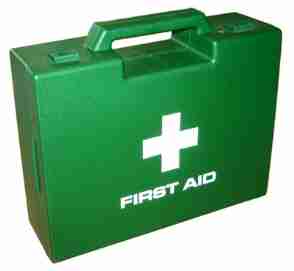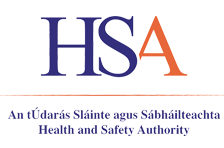Emergency Plans

The Safety, Health and Welfare at Work Act 2005 requires that employers, including self-employed persons, prepare and revise as appropriate, adequate plans and procedures to be followed and measures to be taken in the case of an emergency or serious and imminent danger.
Emergencies can occur any time without warning, but within the fishing sector they often happen in rough seas, in an unstable vessel or in darkness.
In an emergency situation, people can react differently to normal yet rapid decisions will have to be made in a short period of time. The stress of the situation can lead to poor judgement, panic and confusion and the inability to think clearly and logically. Normal channels of authority and communication may also break down.
Pre-Planning
So pre-planning is essential in order to enable people to act to prevent disaster. It will also highlight any deficiencies or lack of resources, which can then be addressed before an actual emergency occurs.The plan should be familiar to all, outline clear roles and responsibilities and be regularly reviewed and rehearsed.
Emergency plans should be available for example, in the event of:
- An ill or injured person
- Engine failure
- Fire
- Flooding
- Helicopter rescue
- A gas leak
- A chemical spillage
- Extreme sea conditions
- Man Overboard
- Abandon ship
Considerations
Consider what you would do in these situations. What particular issues are specific to your boat? Have you suitable equipment on board for such situations? Do your crew know what should be done and when? Have you a responsible emergency contact?
